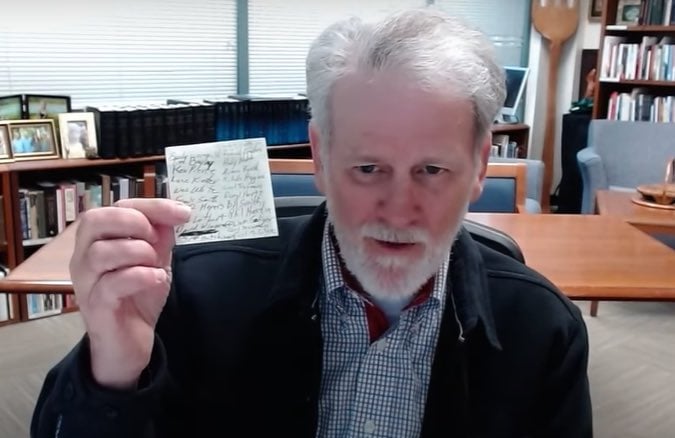I first became involved in the Presbyterian Church in America (PCA) in 2006. It was fall semester at the University of Nebraska, where I had just matriculated after graduating high school the previous spring. A friend I had recently met invited me to the weekly large group gathering of Reformed University Fellowship (RUF). It became a kind of home for me for the next four years. There I heard the Gospel preached, grew in my understanding of Scripture and theology, and was constantly reminded that the Christian life happens not in parachurch organizations, but in churches. RUF wasn’t a replacement for church, but simply an extension of the church to the campus and it was understood that I still needed to be in church each week and that life after college would not be a prolonged adolescence in a campus ministry, but commitment to the ordinary life of a local church.
Login to read more
Sign in or create a free account to access Subscriber-only content.
Topics:
